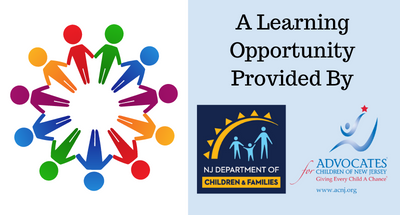Posted on October 29, 2021
Tell Your Members of Congress to Get the Job Done!
On Thursday, President Biden announced a final framework for his Build Back Better bill, which will provide transformative change for our nation’s children and families. The bill is described as the most important federal legislative win for children since the 1960s and 1970s, when Medicaid, TANF and Food Stamps (SNAP) became law.
Highlights of the bill include:
- A $400 billion investment in child care and preschool, considered the centerpiece of the legislation.Quality Child Care: Families will not pay over 7 percent of their income for child care if they make under 2.5 times their state’s median income. The amount of support will be based on a sliding scale. The provision is currently funded for 6 years and only applies to children under 6 years old.Universal Preschool: Funding will provide universal, free preschool for all 3- and 4-year-olds, implemented through a mixed delivery model. The provision is currently funded for 6 years.
- The Child Tax Credit Expansion was extended for one year with no work requirement and will provide $3,600 for children under the age of 6 and $3000 for children between the ages of 6 and 17.
- Funding will be available to expand free school meals and will provide $65/month/child for the purchase of food during the summer.
- Additional funding will be available to close the Medicaid gap for 4 million people living in states that did not enact Medicaid expansion by reducing their exchange premiums to $0.
- While the final version of the bill also includes some disappointing reductions compared to the initial proposals, such as paid family leave and free community college, the bill’s passage will be a monumental win for children and their families.
View White House fact sheet on how the Build Back Better framework will benefit New Jersey.
The next step is for the bill to pass both Houses of Congress. The President is urging Congress to move quickly on this bill and the Bipartisan Infrastructure Investment and Jobs Act.
And we all need to do the same!
Tell your members of Congress to support the Build Back Better bill so that all children and families can benefit from high quality preschool AND child care!


